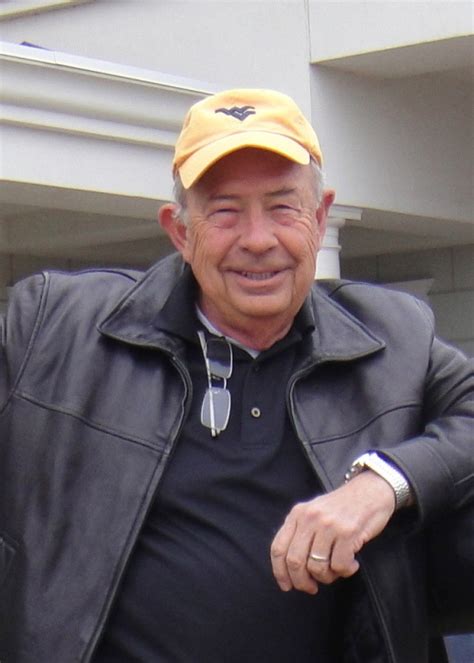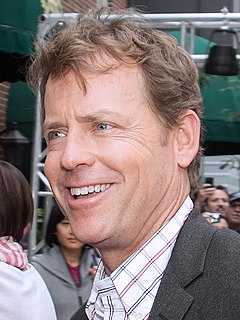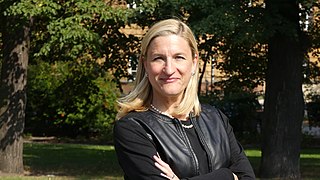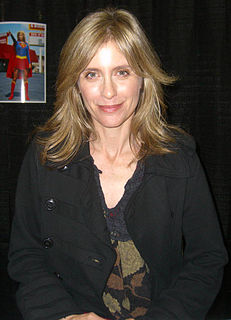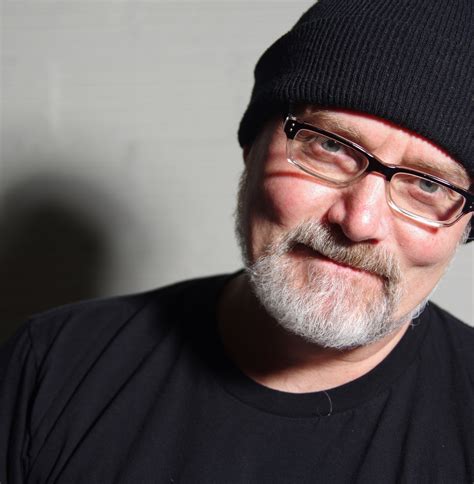A Quote by Stephen King
There are, occasionally, writers who are able to combine both story and style. They are, of course, the best. You get a spectacular view and you also get to look at it from the backseat of a chauffeur-driven Cadillac. In the field of fantasy, those writers able to combine story-as-narration with story-as-style are even rarer. But there are a few...the late Theodore Sturgeon, the early Ray Bradbury...and Richard Christian Matheson. A brilliant chip off the old block.
Related Quotes
When I was in middle school, the librarian there was secretary for a couple of groups of professional writers. She introduced me to Ray Bradbury and Richard Matheson, and I became very friendly with them over a period of two years. Both of them were very generous with their time, guidance and advice.
I wish more fantasy, especially the dominant fantasy that draws heavily on British and Christian lore, would wrestle with its own ethnospecific nature and what that means when the story is set somewhere where more than one belief system is in operation. If all you do is pay lip service to it, you can get the kind of thing where the writer has thrown one Hindu god into a Christianist fantasy (rendering said god by default a demon or otherwise inferior to the dominant religious system of the story, which is such an insult), and the hero is able to vanquish it by chanting a spell in church Latin.
Writers shouldn't fall in love with their characters so much that they lose sight of what they're trying to accomplish. The idea is to write a whole story, a whole book. A writer has to be able to look at that story and see whether or not a character works, whether or not a character needs further definition.
From his style, you’d think Jason Brannon was the dark double of Ray Bradbury. He cares more about character and realism than most writers I’ve read and his plots flow like well-orchestrated music. Indeed, Brannon’s writing has a classical feel, reminiscent of the best traditional work in the genre, even when he’s going for gut-wrenching terror and torture in-extremis.









